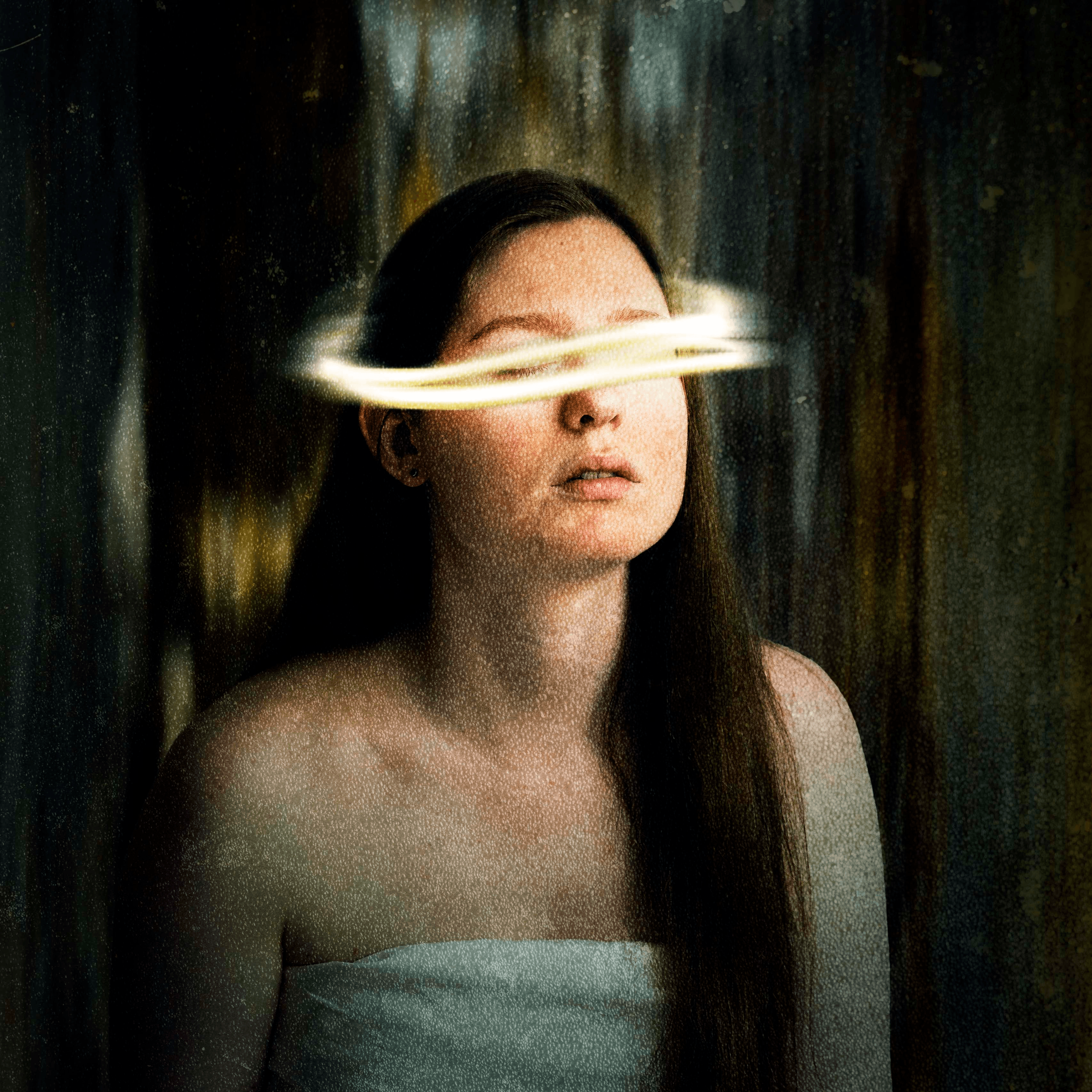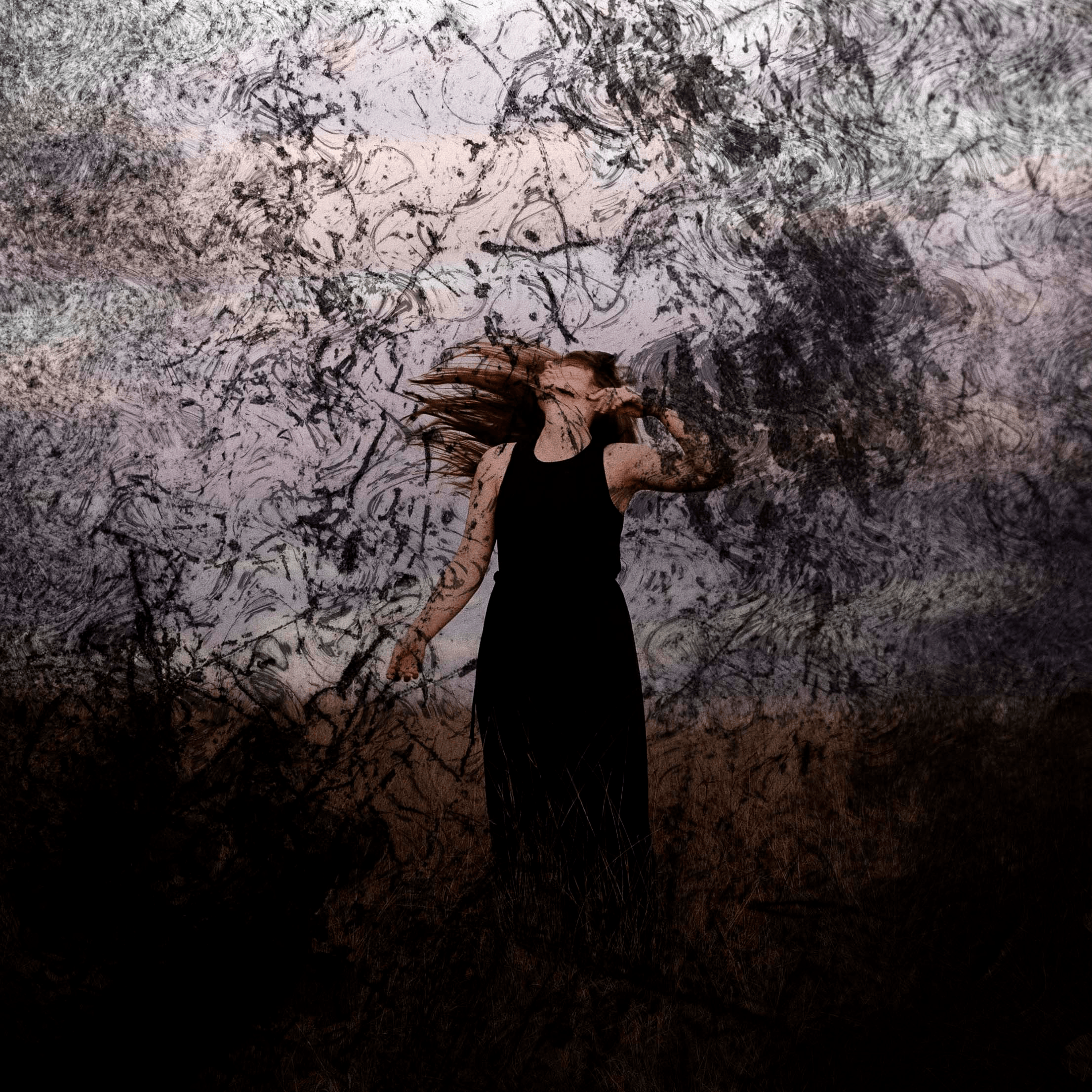Alright – so today we’ve got the honor of introducing you to Christine Houston. We think you’ll enjoy our conversation, we’ve shared it below.
Christine, appreciate you joining us today. Can you talk to us about how you learned to do what you do?
My inspiration for photography came from my mother. She loved taking her camera everywhere and basically documented everything. She first encouraged me to study photography, which was just a few simple courses. Still, in the end, I ended up with a bachelor’s degree in Creative Arts and Media, where I majored in photography.
For some people, composition comes naturally in photography, while others have to train their eyes to see. My teachers have always complimented me that I have a natural eye, but I don’t believe it is
a requirement.
There are so many factors involved, but my main obstacle was fear. I have social anxiety, and putting myself and my art out there has definitely been challenging. I think I would have been more proactive if I hadn’t let fear stand in the way.
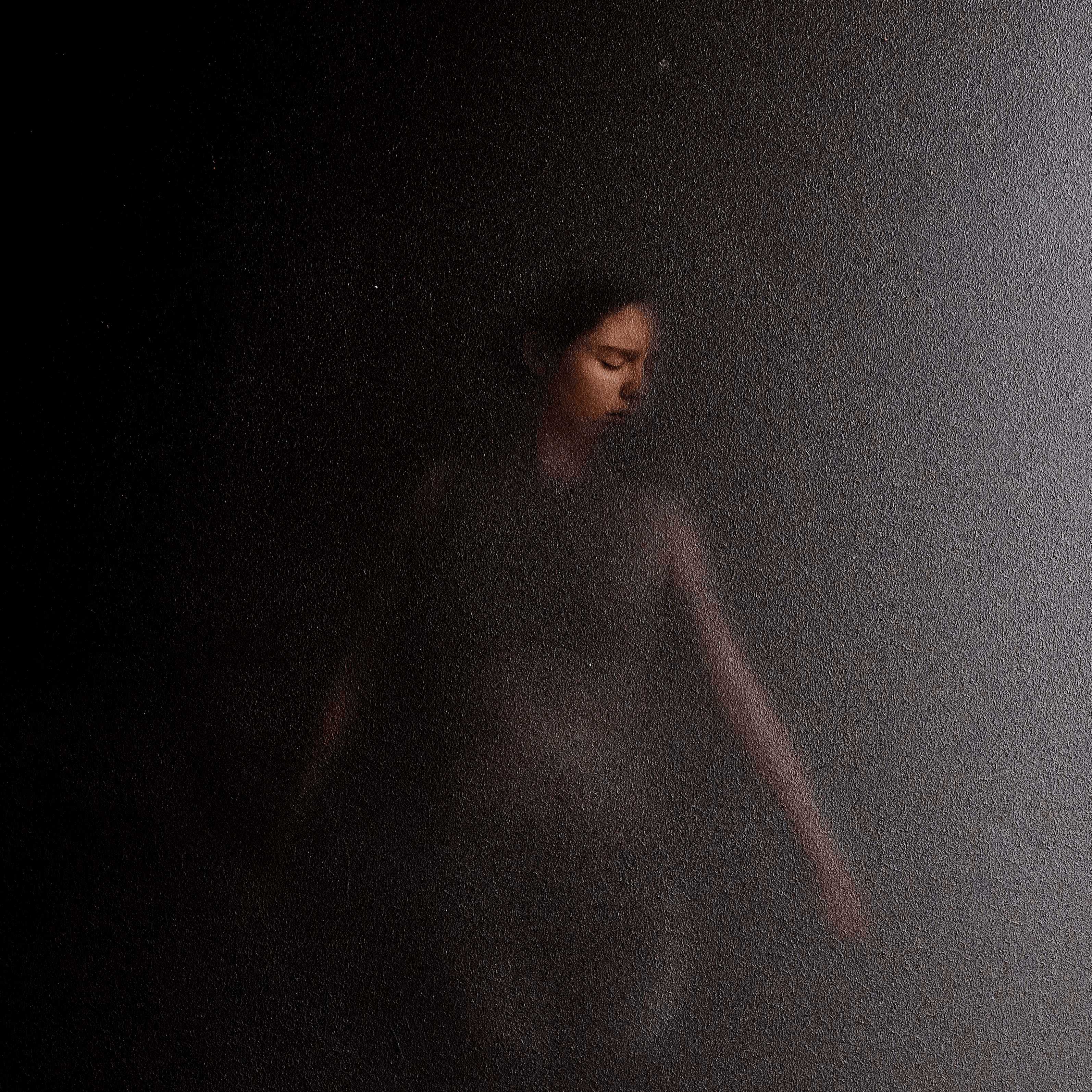
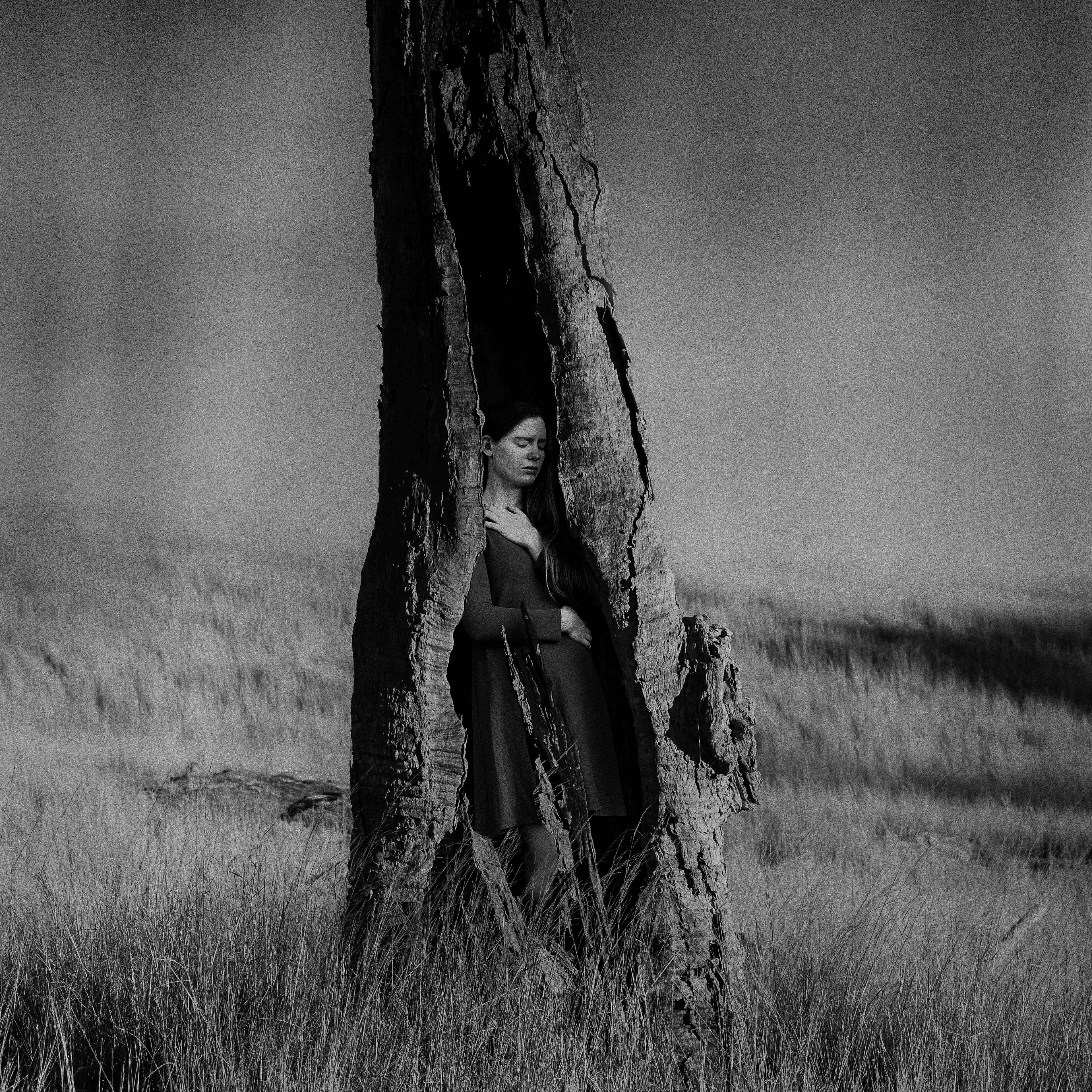
As always, we appreciate you sharing your insights and we’ve got a few more questions for you, but before we get to all of that can you take a minute to introduce yourself and give our readers some of your back background and context?
As mentioned before, I got into photography because of my mother, and she is still, to this day, my main reason, as she thought I had the talent and passion to make it work. Unfortunately, she passed away from cancer back in 2016, so she never got to see my work today. I took courses and eventually I took my Bachelor degree in Creative Arts and Media at James Cook University.
I did bounce all over the place in different photography genres (wedding photography, etc.). Still, the one that has always been most rewarding for me was my Fine Art Photography, where I mainly do self-portraiture. I love creating conceptual art for myself primarily. Still, I do love it when other people also connect with it. I delve a lot into the emotive aesthetics in my work, so it does come off grungy, dark and depressing for some. Still, it is like a therapy where I can let all my emotions out in a single image and connect with others who may feel the same. My work usually revolves around mental health, loneliness, mystery, and the beauty of dark emotions.
I offer photoshoots in my business where we can make some conceptual art together, and I am hoping to sell prints as well in the near future.
On the other hand, I work for someone else and, when not working on my own projects, photograph family and maternity.
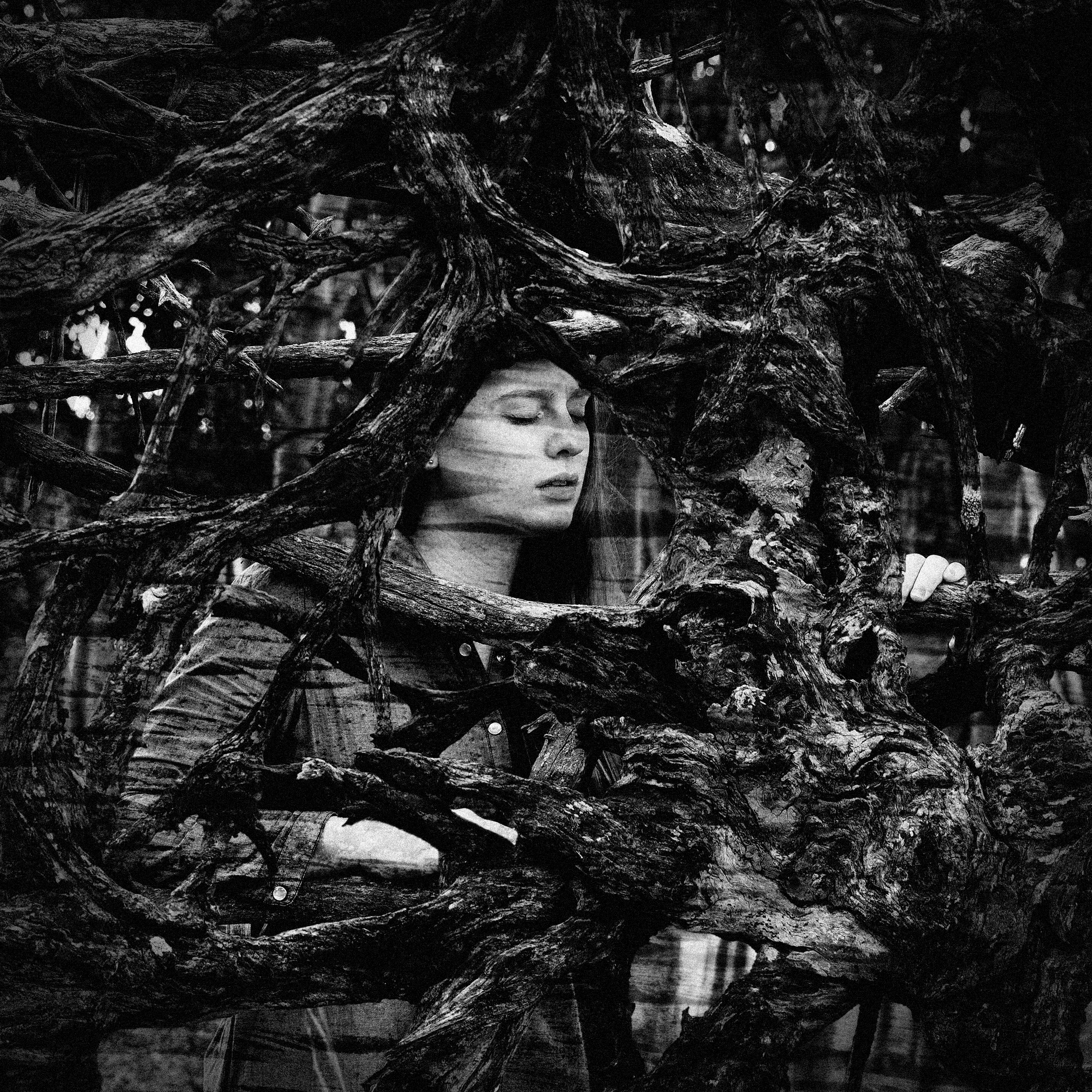
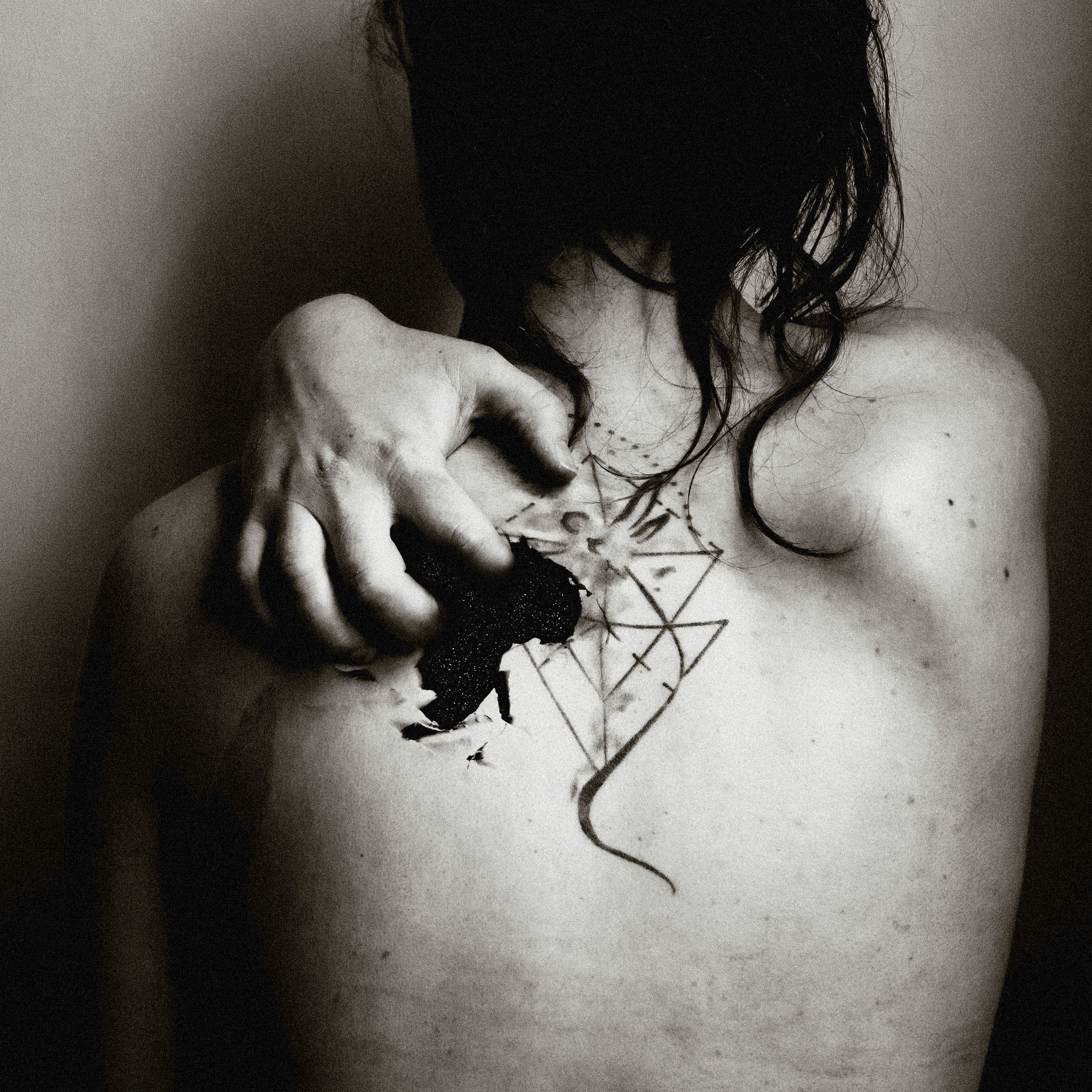
Let’s talk about resilience next – do you have a story you can share with us?
The most significant journey of resilience I have was when my mother passed away. For as long as I can remember, it had only been my mother and I, and she was the only person in the world I felt I could trust and rely on. For anyone who can relate, it is soul-crushing to see someone you know slowly pass away, seeing their personality chip away to a disease. I was only 22 years old when she passed away, and I didn’t feel like I was grown up yet (in a sense, I wasn’t). Navigating the world without her and learning to rely on me has been the most terrifying, pivotal, and resilient building I have ever done so far. I think my art very much reflects that. I remember when I finished one of my first Fine Art series for a project at University. I was so proud of myself that I wanted to show my mother, only to have reality hit me in the face. I broke down crying that as much as I have done this for her, I did for me too to process this change I had to go through.
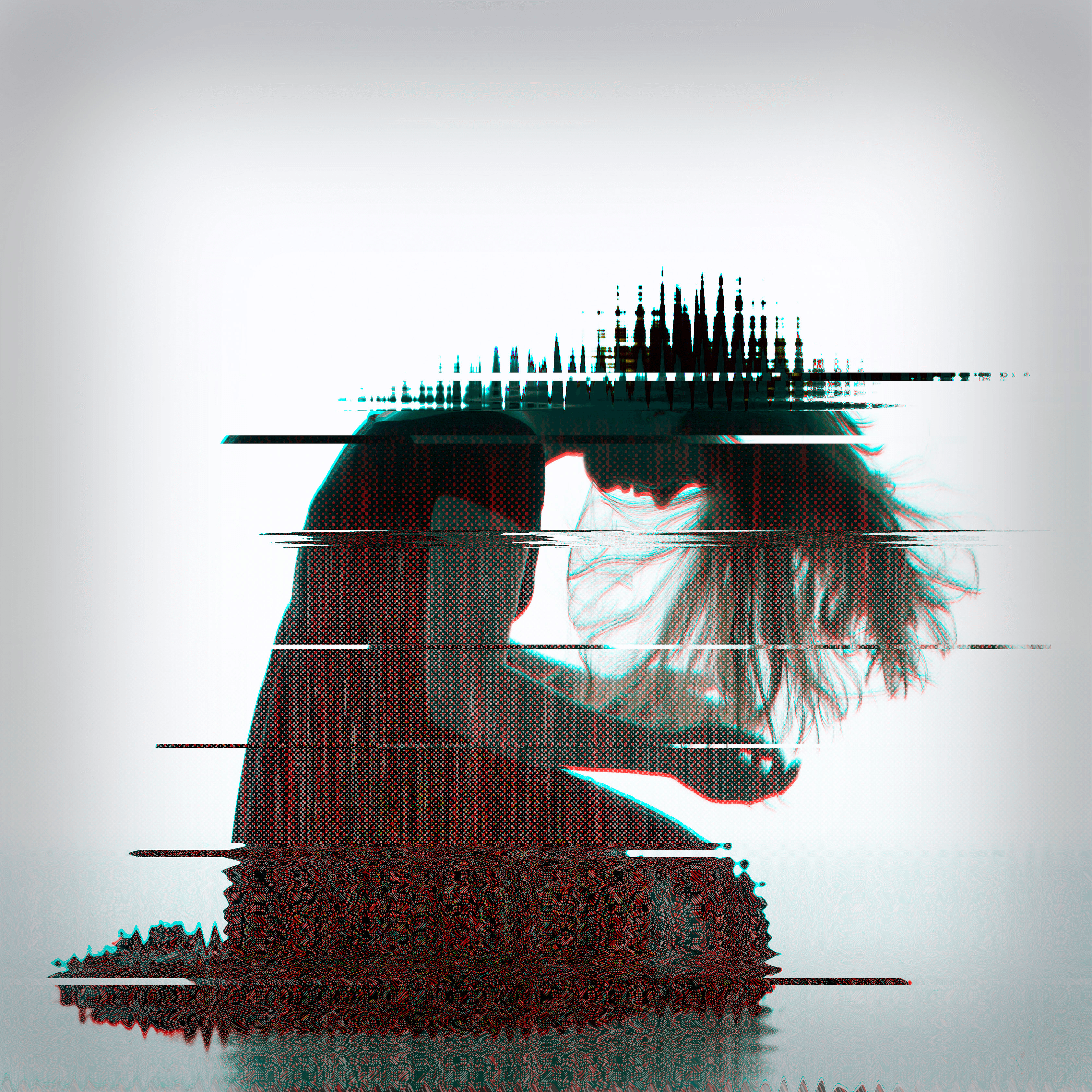

Is there something you think non-creatives will struggle to understand about your journey as a creative?
As much as there is some collective agreement in what determines what is art and what is beautiful, you will never find that everyone loves the same art piece. The biggest one I have experienced so far is a generational disagreement. I have a lot of people in my life who need help understanding my creative approach in my work. People who think photography should be about representing a subject and not about yourself or difficult emotions. I think people with that kind of perspective have a hard time being confronted with the strong negative emotions they get from seeing my work, which I respect. But it makes it is a hard pill to swallow when they say, “Can’t you just make something normal?” However, people closer to my generation understand my art much easier and don’t feel as confronted but more accepting of what my art conveys.
Contact Info:
- Website: https://www.houstonfineart.com.au
- Instagram: @houstongirl
- Facebook: https://www.facebook.com/Christinehoustonphotography
